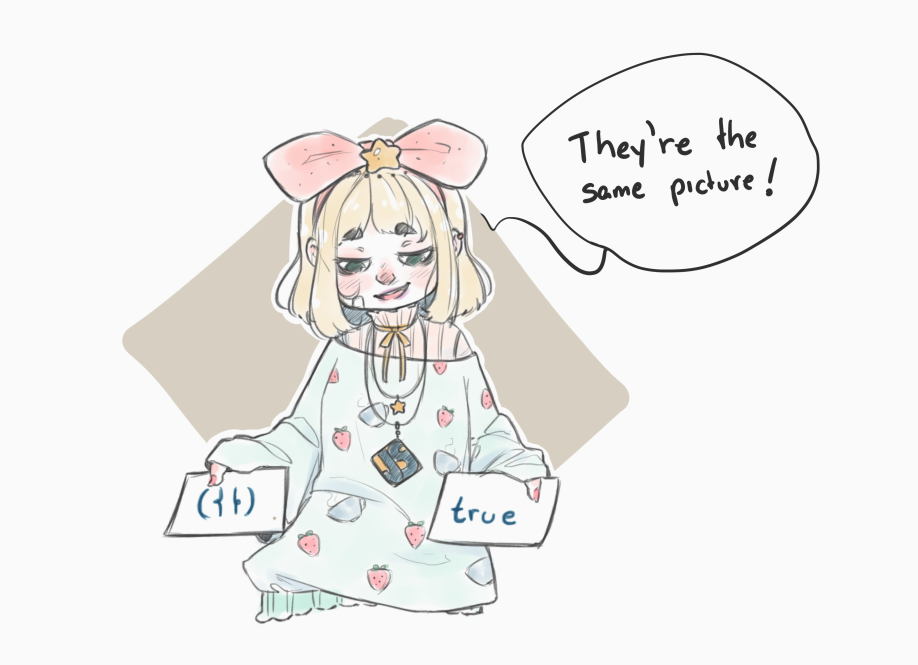For this year’s O2A2 jam I was originally going to write a gothic horror about death. There were two big problems, however: making a gothic horror interactive fiction with just 1000 words turned out to be trickier than I was hoping for; and I already had like 5 other projects about death.
So it ended shifting direction a bit at the end, while still being roughly about death. But there’s more than the literal ceasing to materially exist in this world that a game can cover, right?
There will be spoilers in this article, so you might want to spend a few minutes playing through the game first.


